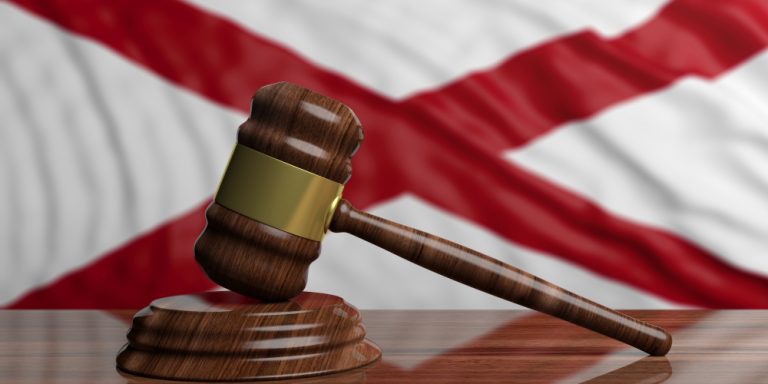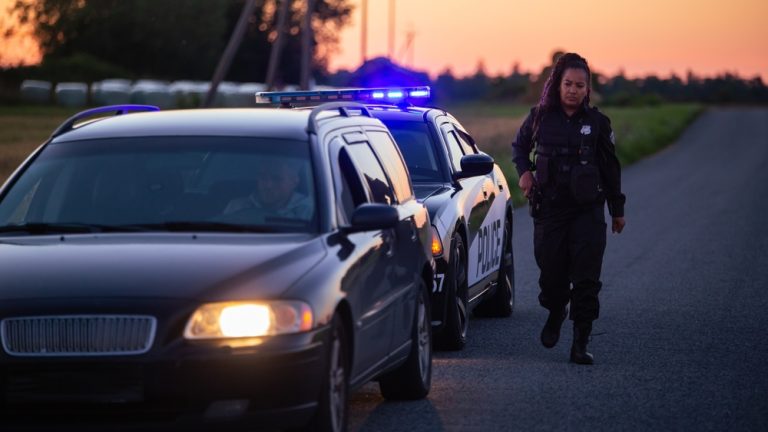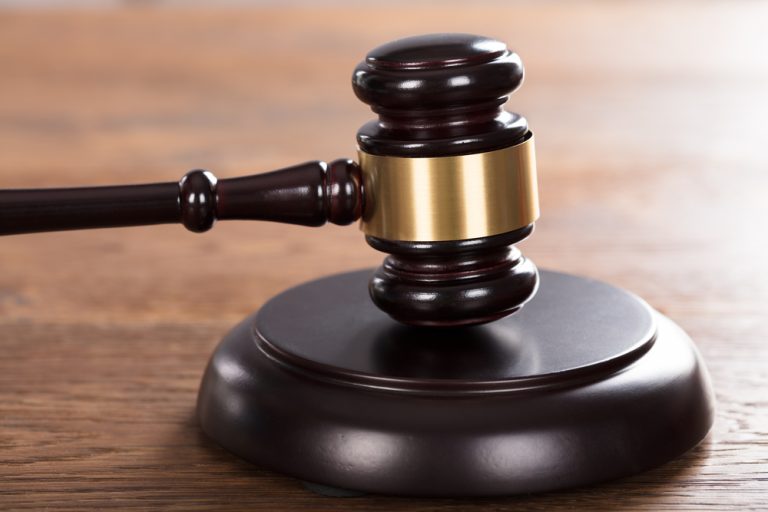Ding Dong! Lemon’s Dead: SCOTUS Clarifies Establishment Clause
Ding Dong! Lemon’s Dead: SCOTUS Clarifies Establishment Clause
Well that didn’t take long. Fresh off the Supreme Court’s June 2022 decision in Kennedy v. Bremerton School District, 142 S. Ct. 2407 (2022), the Court of Appeals for the Eleventh Circuit has resolved any ambiguity as to whether the oft-reviled ‘endorsement’ test for assessing Establishment Clause claims from Lemon v. Kurtzman, 403 U.S. 602 (1971), still had any applicability. But like the Munchkins of Oz cheerfully informing Dorothy of a particular sister’s demise, a recent Eleventh Circuit decision colorfully and emphatically confirmed Lemon’s official death.
Rojas v. City of Ocala, No. 18-12679, — F.4th —-, 2022 WL 2900794 (11th Cir. July 22, 2022), asked whether local government officials’ participation in a community vigil violated the First Amendment’s Establishment Clause. The district court found it was, as under Lemon’s three-pronged approach: (1) the vigil’s purpose was religious in nature, (2) had the effect of endorsing religion, and (3) constituted excessive government entanglement with religion. See Rojas v. City of Ocala, 315 F. Supp. 3d 1256, 1277–80 (M.D. Fla. 2018); see also Lemon, 403 U.S. at 612–13.[1]The Eleventh Circuit, however, vacated and remanded in light of Kennedy’s intervening change to Establishment Clause jurisprudence. Specifically, the Supreme Court in Kennedy held that “the Establishment Clause must be interpreted by reference to historical practices and understandings.” 142 S. Ct. at 2428 (cleaned up). That is, courts must look to the nation’s past and decisions must faithfully reflect the understanding of the nation’s founders, with a focus on original meaning and history.
Pulling no punches, the Eleventh Circuit borrowed U.S. Supreme Court Justice Scalia’s description of Lemon as an unkillable “ghoul” from “a late-night horror movie” and noted that while many members of the Supreme Court “soured on Lemon over the years,” the Court could never seem to quite shake itself of the “much-maligned decision.” Recognizing that both the district court and the parties believed this grim precedent “was still shuffling about at the time,” the Eleventh Circuit happily reported that in the time since, “the Supreme Court drove a stake through the heart of the ghoul” once and for all, forever ending Lemon’s purported jurisprudential menace.
The Eleventh also acknowledged some confusion amongst the Supreme Court itself as to when, exactly, Lemon passed into that great legal library in the sky. Justice Gorsuch—writing for the Kennedy majority—wrote “that this Court long ago abandoned Lemon and its endorsement test offshoot.” 142 S. Ct. at 2427. On the other hand, Justice Sotomayor—writing for the dissenting Justices—argued the Court was “overrul[ing]” and “completely repudiat[ing] Lemon. Id. at 2434, 2447 (Sotomayor, J., dissenting). Despite this disagreement about “exactly when the ghastly decision was dispatched for good,” the Eleventh Circuit noted that practically speaking what mattered is “Lemon is dead,” “gone, buried for good, never again to sit up in its grave.”
Rojas thus stands as a clarifying marker in a post-Lemon world. While the Supreme Court may quibble internally about whether Lemon was abrogated long ago or overruled in one swift blow, for practitioners the effect is the same. Parties concerned with Establishment Clause violations need not worry about Lemon’s endorsement test any longer. The Eleventh Circuit has confirmed Lemon is dead, crushed under the falling house that is Kennedy. In its place, “long live historical practices and understandings.” Rojas, 2022 WL 2900794, at *3 (citing Kennedy, 142 S. Ct. at 2428). Not quite as catchy as a certain musical number, but winsome nonetheless.
[1] As the Court observed in Kennedy, beyond the three-prong examination of purpose, effect, and potential entanglement with religion, Lemon’s test over time “also came to involve estimations about whether a ‘reasonable observer’ would consider the government’s challenged action an ‘endorsement’ of religion.” 142 S. Ct. at 2427.








